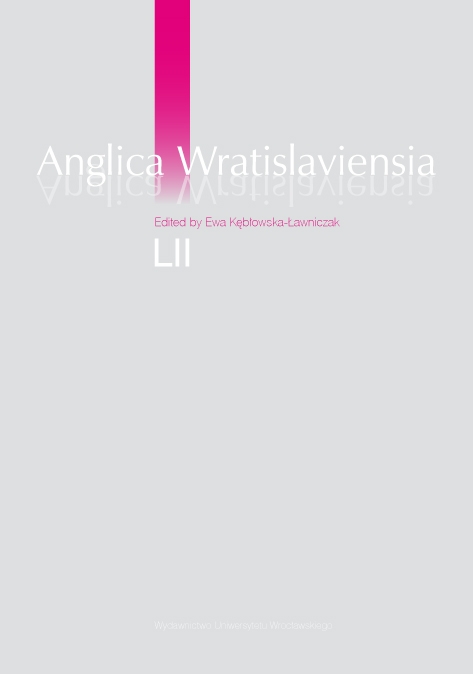

Literature and Culture

The label of a Dark Romantic exploring the dark recesses of the human heart has persisted with Nathaniel Hawthorne since Herman Melville, in “Hawthorne and His Mosses,” perceived Hawthorne’s soul as “shrouded in a blackness, ten times black.” In popular critical assessment, among the major themes of Hawthorne’s fiction are: man’s natural depravity, universal propensity to evil, the unpardonable sin, the idea of the sinful brotherhood of man and the psychological consequences of unconfessed guilt. While the author’s concern with the postlapsarian fallen condition of man is undeniable, a question arises as to the overall judgment the writer passes on the human race. Is he a misanthrope who views people as fallible, imperfect if not absolutely wicked, or is the ethical measure he takes of mankind more balanced? This paper intends to go against the prevailing critical bias that emphasizes the gloomy side of human nature in Hawthorne’s literary world, overlooking its morally brighter counterpart. An attempt is made at a more objective ethical estimation of the writer’s outlook on mankind, as presented in his fiction, that would point to goodness in his characters as capable of counterbalancing the presence of evil in communal life.